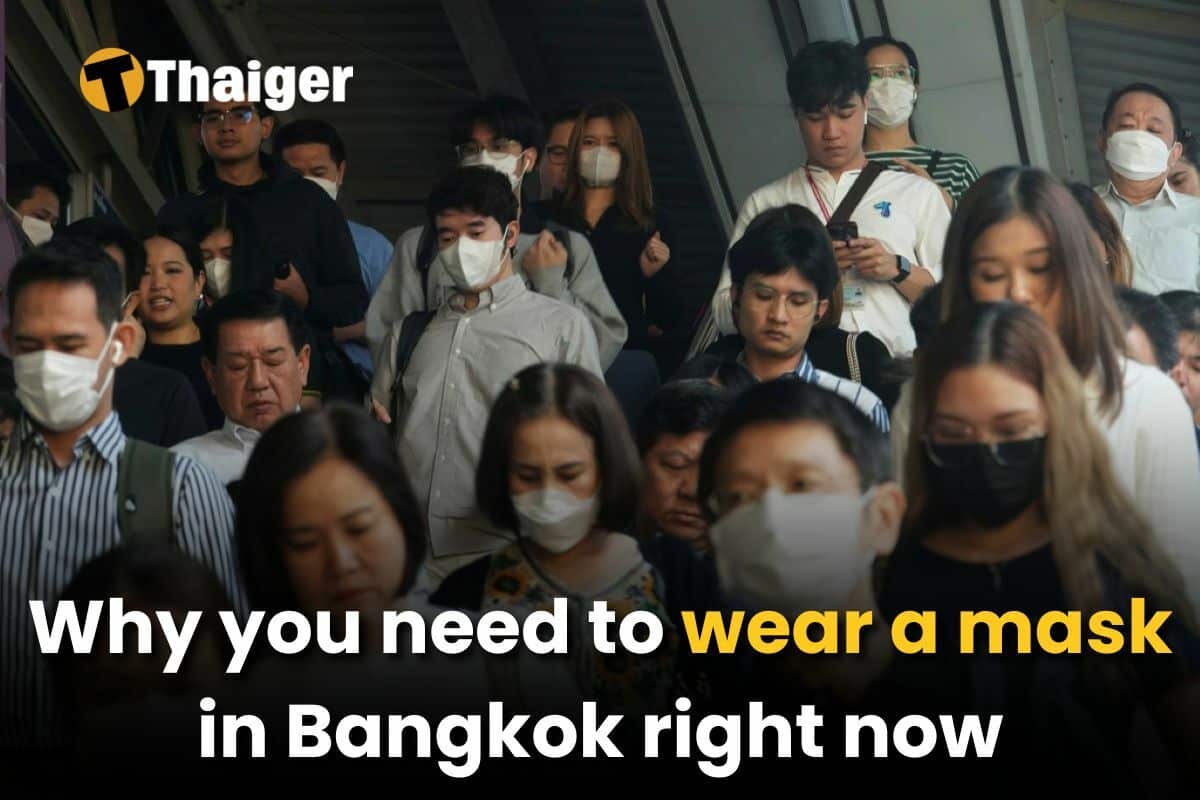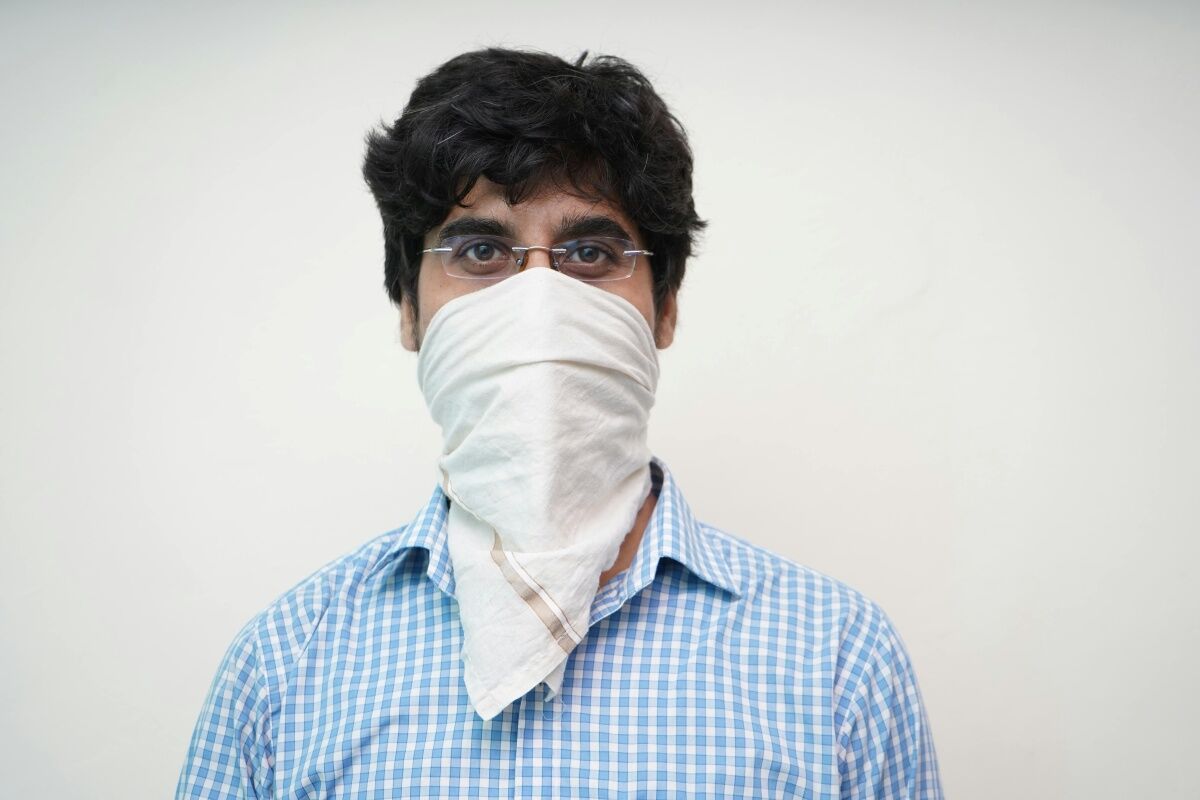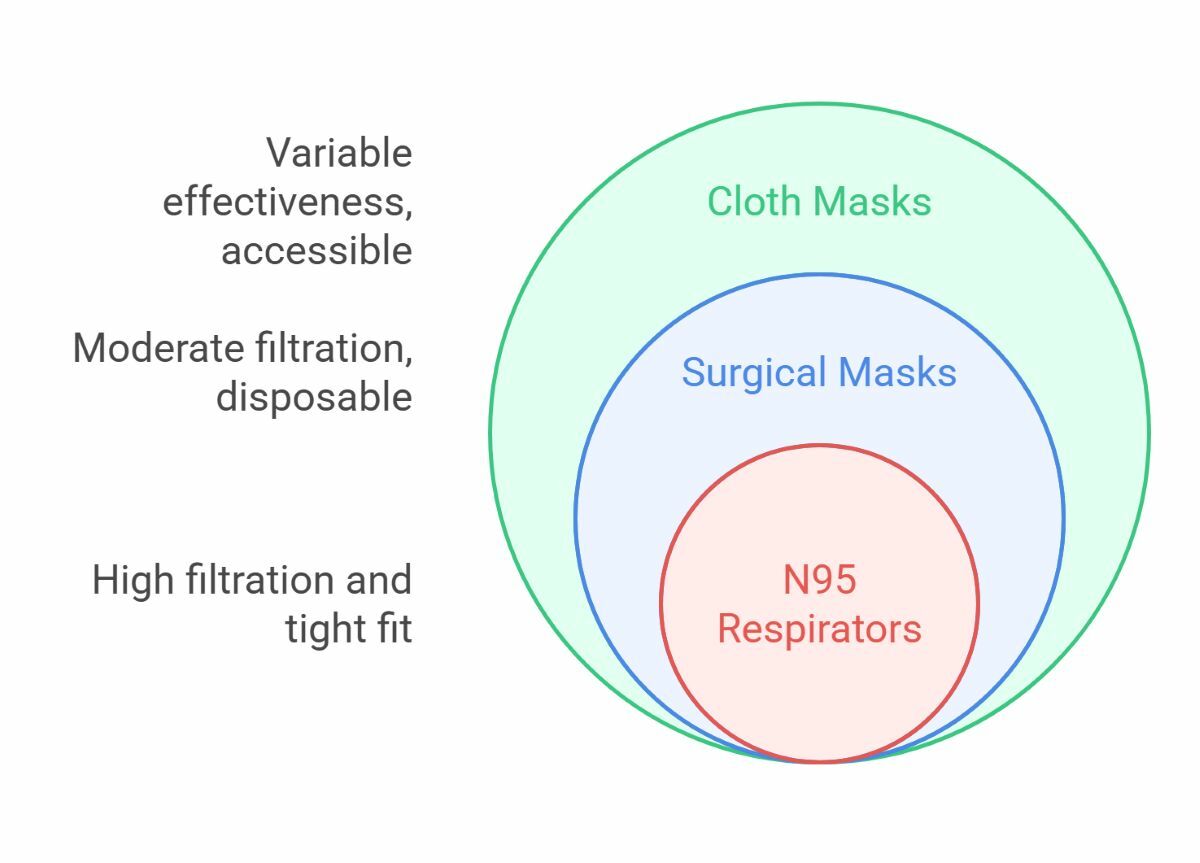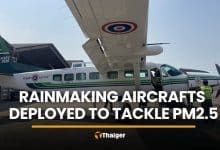Why you need to wear a mask in Bangkok right now

As anyone who has spent time in Thailand, or other Asian cultures for that matter, I’m sure you have seen people wearing masks while in public in Bangkok. But why? The scare of Covid-19 has now long lost its saliency and fears among the general public have been diminished to a level comparable to a bad cold. Yet we still see them around every day, especially in urban environments such as Bangkok.
Masks have long been a divisive topic even before the pandemic brought the world to a temporary hiatus as nations combat the viral outbreak of the virus that was so easily spread as the wind breezed by.
Just as they were designed to combat the airborne risks of Covid, their use case also extends to aid as protection against the spread of respiratory diseases among other environmental factors. But they are not necessary all of the time, and here, we will walk you through the usage of masks, and when should you wear them.
What do they do exactly?
The primary reason why people wear masks is to protect themselves, and others from the spread of respiratory illnesses. When we talk, cough, sneeze, or even breathe, we all release tiny droplets, germs, and other particles into the air. These droplets may contain viruses or bacteria that can cause illnesses.
Masks have a special task of acting as a physical barrier, trapping these harmful droplets so that we don’t breathe them in. Other types of masks, which we will get into later, also contain respirators which are designed to filter out smaller and harmful particles while allowing you to breathe more freely.
A 2021 review by the University of Texas on the efficacy of face masks against the spread of Covid has shown that even the widespread adoption of non-medical masks can significantly reduce the spread of virus transmission, especially if employed in conjunction with public health measures.
Why do people wear masks?

Face masks have been around for over a century by now, and for some cultures, primarily in Asian societies, masks are generally more accepted and widely employed. We can pinpoint the usage of masks as a factor of collective civic duty in one way or another. When a person is feeling unwell, it is courteous to wear masks to prevent spreading germs to those around them.
But aside from a cultural norm of societal responsibility, masks have also been used as a tool to combat the ever-growing problem of pollution. Most evidently, in Bangkok, the urban pollution crisis has taken a turn for the worse lately. Masks help filter out these harmful pollutants in the same way as they filter out droplets which potentially contain bacteria and viruses.
Right now in January 2025, the air pollution levels in certain districts of Bangkok are double the Pollution Control Department’s recommended safe level. As a result of the skyrocketing PM2.5 pollutants, some schools in the capital have transitioned to online learning for the time being.
In addition to this, on January 20, 64 out of 76 provinces in Thailand faced unsafe levels of dust pollution, with 28 provinces reaching hazardous red levels. This uptick in air pollution alone had many reaching for their masks once more, even after Covid, to protect their wellbeing from the ongoing dust pollution crisis.
Masks have also become somewhat of a fashion statement. Packaged in many different designs, these fashionable options allow the wearer to express their style while not straying too far away from health practices. Masks can also be associated with a sense of privacy, and people in urban environments may opt to use them for a sense of anonymity.
Should you wear a mask?
Whether or not you should wear a mask in Bangkok usually depends on a few factors. But for most cases, if you are sick, or looking to protect yourself from contracting respiratory illnesses such as Covid, the flu, or a cold, it’s good practice to wear a mask when outdoors in Bangkok.
While the mandatory mask enforcement laws have been lifted since 2022, wearing them is still advised if you are in crowded, poorly ventilated areas or looking to avoid breathing in the harmful pollutants in the air right now.
But of course, please do not feel obliged to do so if you don’t want to. After all, masks are voluntary and no one is forced to wear them while outdoors. But for those who are looking to prevent catching an illness, or vulnerable groups with underlying health conditions, masks are undeniably an effective tool in safeguarding your wellbeing
How those with breathing problems can wear a mask?
For those faced with respiratory conditions such as asthma or chronic obstructive pulmonary disease, restrictive masks can do more harm than good. It’s best to tread lightly in this instance. Masks with an exhalation valve may give users an easier time breathing, but it’s worth consulting doctors or medical professionals for some expert opinion before you make a move.
Young children, primarily under two years of age should also be omitted from wearing a mask in most cases as it can prove to be a risk factor for suffocation among other breathing difficulties.
Different types of masks
Despite how uncomfortable they may be at times, masks, even the majority of the nonmedical types will help prevent the spread of harmful diseases.
N95 masks

By far the most efficient masks are those with N95 filters, providing near-perfect conditions for reducing the risk of releasing harmful viral particles from those who are infected. Studies have shown that masks with N95 respirators, when worn properly, can block up to 98% of airborne particles, including respiratory droplets and aerosols.
Other case-controlled studies have also discovered that N95 masks can reduce the chances of Covid infection by up to 69%.
In the United States, these masks are regulated by the National Institute for Occupational Safety and Health. This high level of efficacy stems primarily from its respirator, which is designed to filter out at least 95% of airborne particles that are 0.3 microns or larger in size, hence the number 95 in N95.
But in order to operate effectively, a seal of the mouth and nose must be created, preventing unfiltered air from entering from around the edges of the mask. To make it easier for wearers to breathe, some manufacturers have included an exhalation valve to alleviate breathing resistance.
Surgical masks

Surgical masks are more of a loose fit by nature, but they still help create a barrier between the wearer’s mouth and nose from the potentially harmful contaminants in the environment.
A meta-analysis found that surgical masks can decrease the risk of Covid infection by up to 40% depending on the setting. A separate analysis has proven its efficiency in controlled, experimental settings, blocking at least 70% of viral particles.
If you had to wear a mask, surgical masks are usually a better choice for many as their looser fit is far less restrictive to your breathing. But don’t be mistaken by thinking that they are not useful because of this. Medical professionals use them for a reason as they are still highly effective in filtering out harmful large-particle droplets.
Cloth mask

Last but not least, the cloth mask. A mask is better than no mask when it comes to not getting sick, or not spreading your sickness to someone else. As they are usually DIY options or readily available options usually made of cotton (among other fabrics), cloth masks were a readily available option for many in the midst of the pandemic.
Because of the many different types of cloth masks, it’s hard to say how efficient or effective they are as a study conducted on one type of cloth mask may not be applicable to the other. They aren’t as effective as surgical or N95 masks, but they are generally more comfortable, reusable, and easy to find.

No matter which mask you choose, remember that wearing a mask is better than not having one on at all currently in Bangkok. If you are sick, trying to avoid catching a disease or virus, or looking to avoid air pollution, having some form of protection goes a long way.
With this, I would recommend N95 masks when in Bangkok as they are relatively inexpensive, mostly available online and they will do a great job in safeguarding you from harmful chemicals and pollutants floating around in the air. Remember, masks are not mandatory anymore, but they still are crucial preventative tools that you should take advantage of, especially in crowded and congested cities such as Bangkok.
Latest Thailand News
Follow The Thaiger on Google News:


























